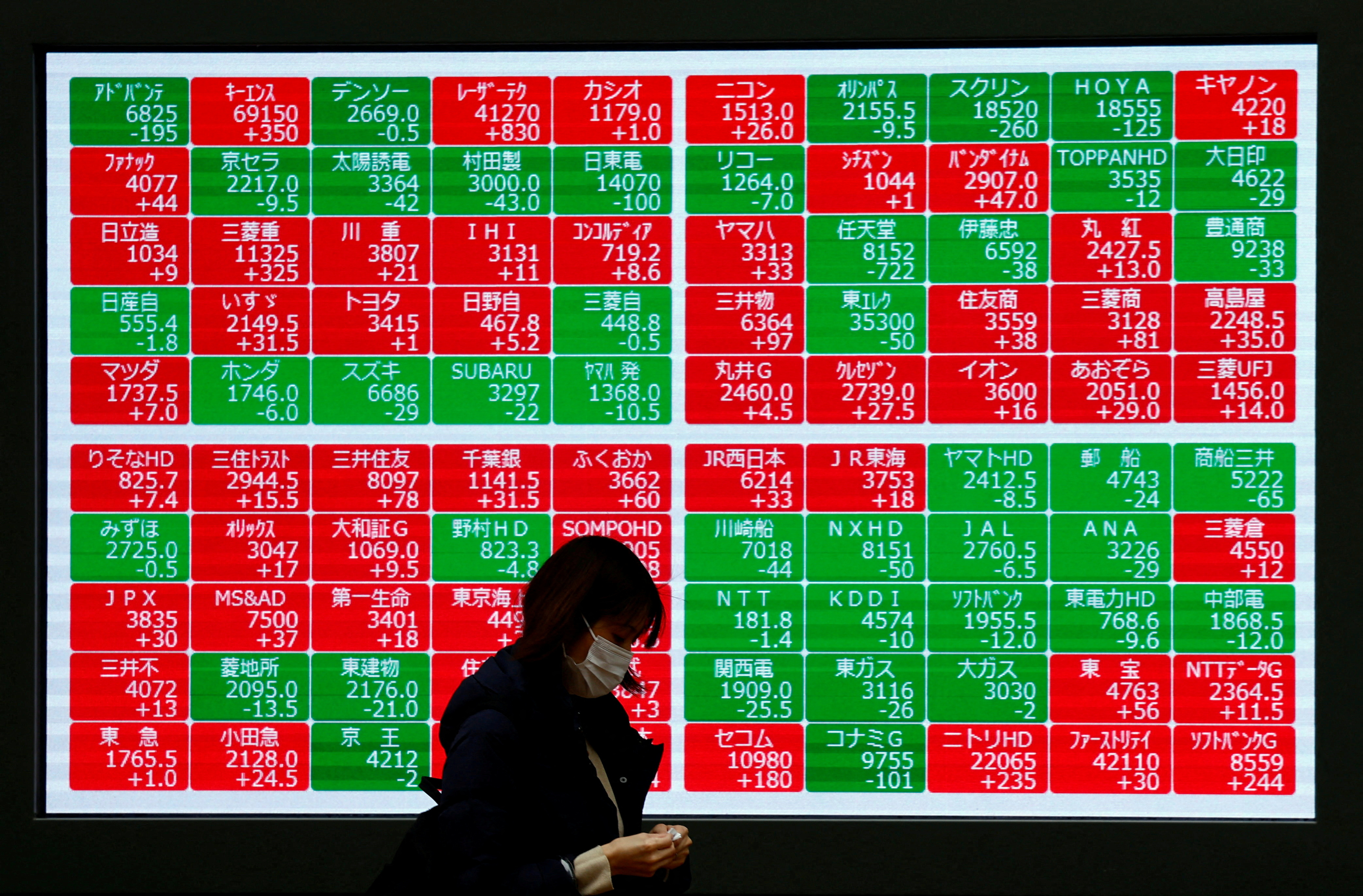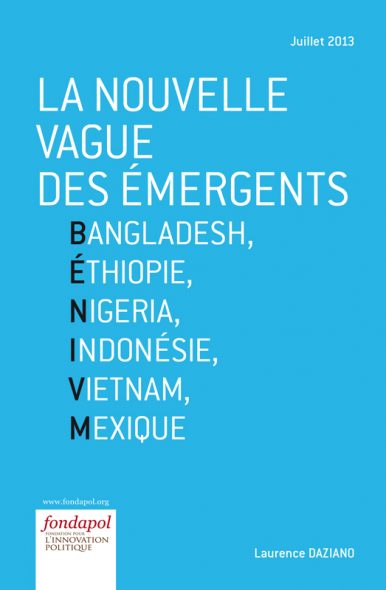Report on the Rise of Racism in the Trump Administration and Its Impact on Sustainable Development Goals (SDGs)
Introduction
This report examines the proliferation of unabashed and outspoken racism during President Donald Trump’s second term, highlighting its implications for the Sustainable Development Goals (SDGs), particularly those related to peace, justice, strong institutions (SDG 16), reduced inequalities (SDG 10), and quality education (SDG 4).
Manifestations of Racism in Political Discourse
-
Online Attacks Against Political Figures
- Representative Andy Ogles (R-Tenn.) launched online attacks against New York City mayoral candidate Zohran Mamdani, demonstrating explicit racial bias.
- Other GOP responses to Mamdani’s Democratic primary victory included reactionary posts resembling hate group propaganda.
-
Normalization of Open Bigotry
- Author Ta-Nehisi Coates noted a decline in societal shame regarding open bigotry during the Trump era.
- Conservative voters have become more comfortable with overt racist rhetoric, a shift from previous Republican strategies.
Administration’s Role in Promoting Racism
- The Trump 2.0 administration has been more permissive of blatant bigotry compared to the first administration, which had promoted diversity programs and distanced itself from white nationalist affiliations.
- Rehiring of controversial figures such as Darren Beattie, who publicly advocated for white supremacy, signals tacit approval of racist ideologies.
- Other administration personnel have histories of promoting bigoted beliefs, undermining efforts toward inclusive governance (SDG 16).
Impact on Social Cohesion and Equality
-
Propagation of Racist Narratives
- President Trump has spread false claims about systemic oppression of white people in South Africa, a narrative popular among white nationalists.
- Targeting of Smithsonian American Art Museum exhibits discrediting racist pseudoscience undermines educational efforts (SDG 4).
-
Government Endorsement of Racist Propaganda
- The Department of Homeland Security has disseminated propaganda from overtly racist social media accounts.
- The White House has utilized dehumanizing memes aimed at nonwhite immigrants, exacerbating social inequalities (SDG 10).
Consequences for Sustainable Development Goals
- SDG 10 (Reduced Inequalities): The normalization of racism contributes to systemic inequalities and social exclusion.
- SDG 16 (Peace, Justice, and Strong Institutions): Racist rhetoric and policies weaken social cohesion and trust in institutions.
- SDG 4 (Quality Education): Undermining educational exhibits and promoting pseudoscience hinder efforts to foster inclusive and equitable education.
Conclusion
The Trump administration’s apparent endorsement and normalization of overt racism represent significant challenges to achieving the Sustainable Development Goals related to equality, justice, and education. Addressing these issues is critical to fostering a more inclusive, peaceful, and equitable society.
1. Sustainable Development Goals (SDGs) Addressed or Connected
- SDG 10: Reduced Inequalities
- The article discusses unabashed racism and bigotry, highlighting social inequalities and discrimination.
- SDG 16: Peace, Justice and Strong Institutions
- The article addresses issues of hate speech, racism, and political rhetoric that undermine social cohesion and justice.
- SDG 5: Gender Equality
- While not explicitly mentioned, the broader context of discrimination and bigotry often intersects with gender-based inequalities.
- SDG 4: Quality Education
- The article references the dismantling or undermining of diversity programs and education on racism.
2. Specific Targets Under Those SDGs Identified
- SDG 10 – Target 10.3: Ensure equal opportunity and reduce inequalities of outcome, including by eliminating discriminatory laws, policies and practices and promoting appropriate legislation, policies and action in this regard.
- SDG 16 – Target 16.1: Significantly reduce all forms of violence and related death rates everywhere.
- SDG 16 – Target 16.6: Develop effective, accountable and transparent institutions at all levels.
- SDG 4 – Target 4.7: Ensure that all learners acquire knowledge and skills needed to promote sustainable development, including through education for human rights, gender equality, and promotion of a culture of peace and non-violence.
3. Indicators Mentioned or Implied to Measure Progress
- Indicator for Target 10.3: Proportion of population reporting discrimination or harassment on the basis of race, ethnicity, or political affiliation.
- The article implies increased public expression and acceptance of racism and bigotry, which could be measured through surveys or reports on discrimination incidents.
- Indicator for Target 16.1: Number of victims of intentional homicide per 100,000 population, by sex and age.
- While the article focuses on rhetoric rather than violence, hate speech can be a precursor to violence, so monitoring hate crimes could be relevant.
- Indicator for Target 16.6: Proportion of the population satisfied with their last experience of public services.
- The article’s mention of government officials promoting or tolerating racism suggests a decline in trust and accountability.
- Indicator for Target 4.7: Extent to which education for sustainable development and global citizenship is mainstreamed in national education policies, curricula, teacher education and student assessment.
- The article notes the rollback or undermining of diversity and anti-racism education programs.
4. Table of SDGs, Targets, and Indicators
| SDGs | Targets | Indicators |
|---|---|---|
| SDG 10: Reduced Inequalities | 10.3: Eliminate discriminatory laws, policies and practices; promote equal opportunity | Proportion of population reporting discrimination or harassment based on race, ethnicity, or political affiliation |
| SDG 16: Peace, Justice and Strong Institutions | 16.1: Reduce all forms of violence and related death rates 16.6: Develop effective, accountable and transparent institutions |
Number of victims of intentional homicide per 100,000 population Proportion of population satisfied with public services |
| SDG 4: Quality Education | 4.7: Ensure learners acquire knowledge and skills for sustainable development, human rights, and non-violence | Extent of mainstreaming education for sustainable development and global citizenship in policies and curricula |
Source: msnbc.com







